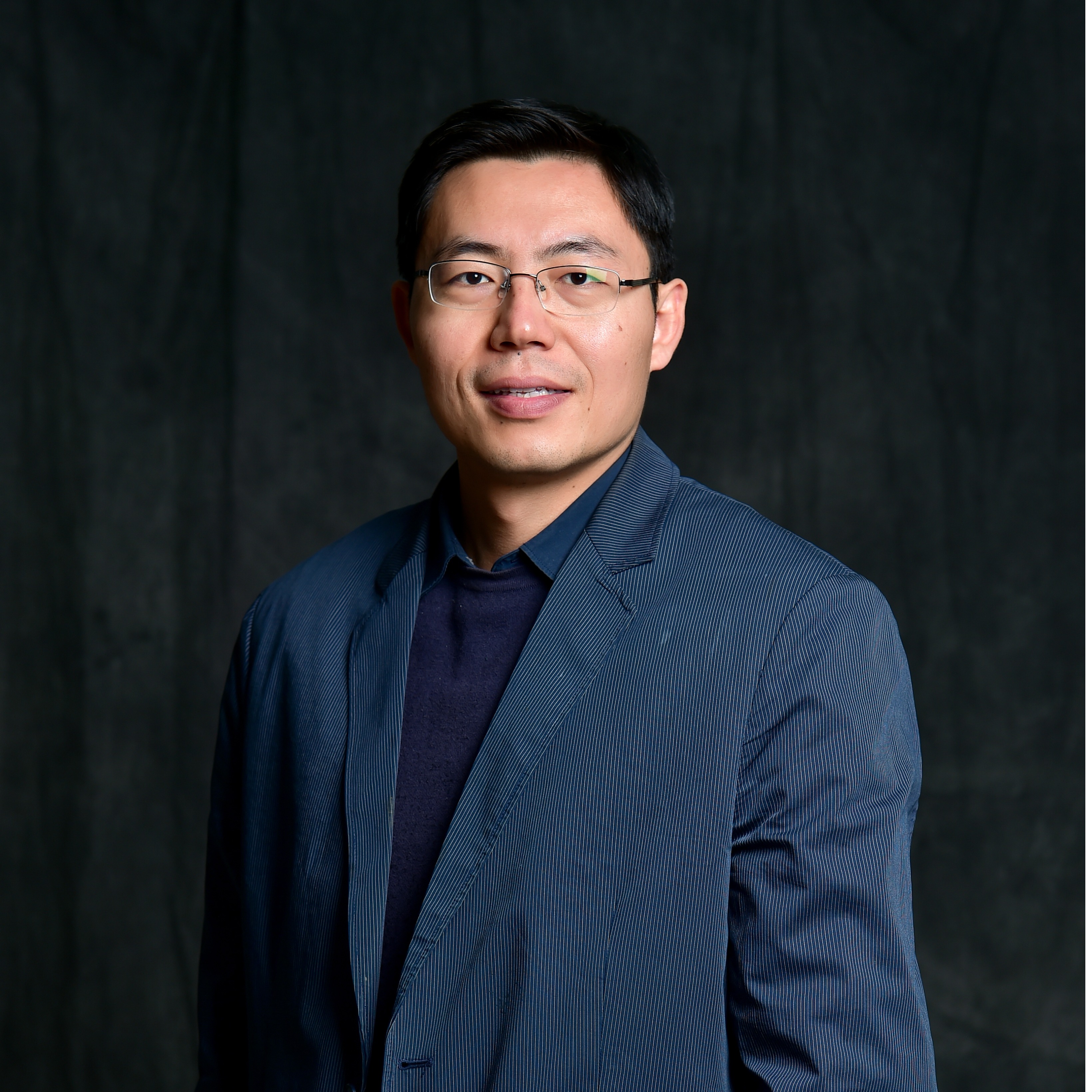
Contact Us:
Tel:+86-10-62781691
E-mail: duyanan at tsinghua.edu.cn
实验室主页 http://dulab-tsinghua.net/ 杜亚楠教授2002年本科毕业于清华大学化学工程系;2007年博士毕业于新加坡国立大学生物工程系;2007至2010年于美国麻省理工学院和哈佛医学院进行博士后研究。杜亚楠教授在“微组织工程”这一特色交叉研究方向进行创新探索,实现理论探究和技术转化。开发的3D微组织技术可作为新一代细胞药物的扩增制备平台和药剂学递送系统革新体外细胞培养和再生医学;同时可辅助建立仿生生理/病理模型,用于高通量药物筛选和病理机制研究。发表多篇高影响力论文,相关微组织工程产品已经商品化,并获得美国FDA和中国药监局相关资质。为再生医学、药物开发和病理研究提供新型平台技术、理论模型和解决方案。
在“微组织工程”特色交叉研究方向实现理论研究的突破和技术转化的落地(点击进入实验室主页)
杜亚楠教授在 “微组织工程”领域研究内容为应用微纳加工技术结合生物材料工程、生物力学、基因编辑等手段构建“精准化”和“规模化”3D微尺度再生和病理微环境,为再生医学研究提供创新理论基础和解决方案。重点关注各类干细胞微环境,免疫细胞微环境和纤维化等病理微环境的构建、微环境内细胞-细胞,细胞-基质互作机制研究以及相关的再生医学应用转化。其中,基于干细胞3D微组织提出和实现了“细胞药剂学”理念和应用,实现了细胞规模化、高质量体外扩增和微创、定点、高效体内递送和再生治疗,以解决现有干细胞再生疗法中细胞来源数量不足和质量不稳定的问题,以及体内定位差、存活率低、疗效有限等问题;同时建立了“病理3D纤维化微组织阵列”技术通过构建仿生纤维化病理微组织实现了高通量抗纤维化药物筛选和潜在临床精准用药指导,并启发发现了组织纤维化发生和发展过程中“血管化和纤维化互作关系”以及“旁张力”信号介导的新型病理机制,为组织修复再生提供新思路和疗法。微组织工程核心技术已成功通过知识产权转让从清华大学转化进行下游的干细胞3D微组织大规模制造和药剂辅助的干细胞微组织再生治疗临床转化。其核心产品细胞用明胶3D微载片于2020年和2021年分别获得中国药监局药品评审中心和美国FDA首款细胞药用辅料资质审批。作为全球首款可用于细胞药物开发和应用的药用级微载体辅料,预期将加速微组织工程技术在细胞和再生医学领域的转化应用。
2019-present Professor, School of Medicine, Tsinghua University
2018-present Principal Investigator, Tsinghua-PKU, Center of Life Science
2017-2019 Tenured Associate professor, School of Medicine, Tsinghua University
2014-2017 Tenure-track Associate professor, School of Medicine, Tsinghua University
2010-2014 Principal Investigator, School of Medicine, Tsinghua University
2007-2010 Postdoctoral Fellow, Harvard-MIT Division of Health Science and Technology, MIT; Harvard Medical School, Harvard University, USA
2003-2007 Ph.D. in Bioengineering, National University of Singapore, Singapore
1998-2002 B.Eng. in Chemical Engineering, Tsinghua University, Beijing, China
We have been innovating in the field of ‘Microtissue Engineering’, with accomplishment in the theoretical elucidation and technological translation. Microtissue Engineering integrates biomaterials, microfabrication, biophysical and gene editing technologies to engineer and fine-tune the microscale 3D cell or tissue microenvironments, whichprovides innovative and effective tools and solutions for regenerative medicine, drug discovery and pathology study. We focus on1)establishment of stem cell microenvironment, immune cell microenvironment as well as fibrosis pathological microenvironments; 2)the mechanism investigation of cell-cell, cell-matrix interactions and3)their translational applications in regenerative medicine.
Specifically, through theconstruction of 3D stem cell micro-tissue, large-scale/high-quality in vitro stemcell manufacture and minimally invasive, targeted, efficient in vivo delivery andregeneration treatment have been accomplished; meanwhile, the 3D pathological micro-tissuearray technology realized high-throughput and accurate anti-fibrosis drugscreening and evaluation. The new pathological mechanism of cell mechanicalcommunication based on 'paratensile signaling' in the development of tissuefibrosis was discovered. 2patents of micro-tissue engineering have been commercially translated with relatedproducts approved as the first cell pharmaceutical excipients by both China CDE and US FDA.
Lab web:http://dulab-tsinghua.net/
1.Exendin-4 Gene-modification and Microscaffold Encapsulation Promote Self-persistence and Anti-diabetic Activity of MSCs,Science Advances, 2021, DOI: 10.1126/sciadv.abi4379
2.Matrix -transmitted paratensile signaling enables myofibroblast-1 fibroblast crosstalk in fibrosis expansion,PNAS, 2020, 03(27): 4-27
3.Cryoprotectant enables structural control of porous scaffolds for exploration of cellular mechano-responsiveness in 3D,Nature Communications, 2019, 10: 0-3491
4.Mechanotransduction-modulated fibrotic microniches reveal the contribution of angiogenesis in liver fibrosis,Nature Materials, 2017, 16(12): 1252-1261
5.Primed 3D injectable microniches enabling low-dosage cell therapy for critical limb ischemia,PNAS, 2014, 111(37): 13511-13516
学术荣誉与奖励
2021 国家自然科学基金“杰出青年”项目获得者
2018 北京自然科学基金“杰出青年”项目获得者
2017 教育部青年长江学者奖励计划
2015 国家自然科学基金“优秀青年”项目获得者
2014 清华大学“学术新人